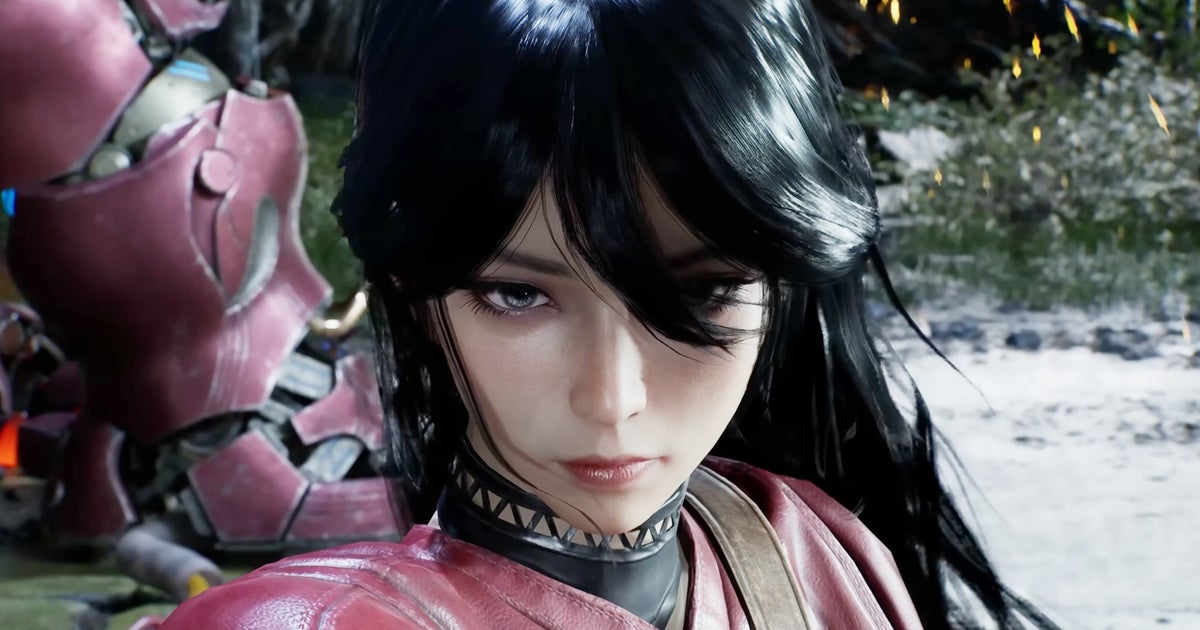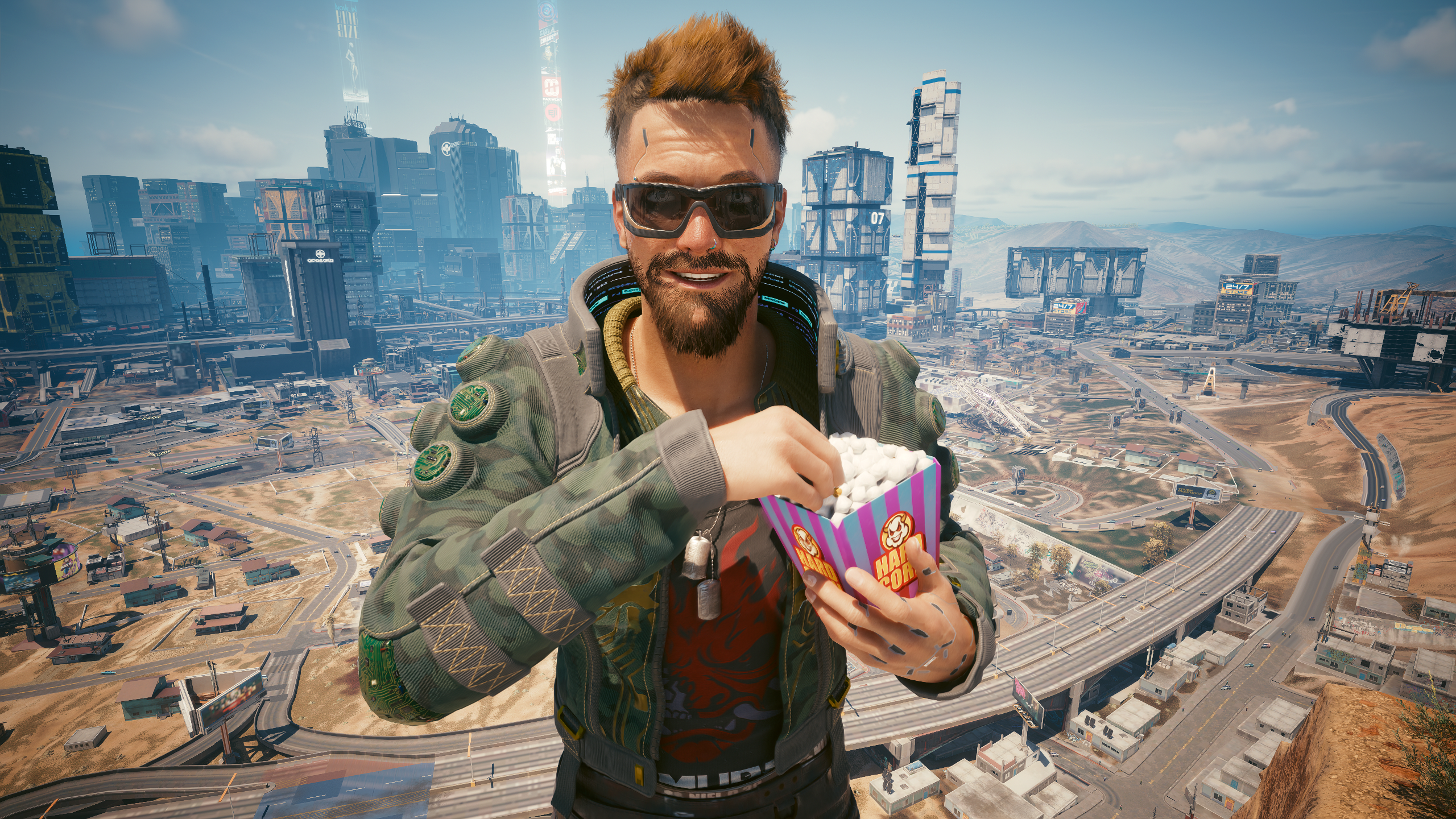Death Stranding 2: On The Beach is Hideo Kojima's ambitious sequel that blends gripping action, heartfelt storytelling, and expanded gameplay mechanics. With a greater emphasis on combat and thrilling traversal, Kojima offers players a more approachable experience while maintaining Death Stranding's unique blend of existential weirdness, gentle humor, and emotional resonance.
From the moment the opening scene unfolds, you're wrapped in Kojima's distinctive style of cinematic storytelling. Sam Porter Bridges, the stalwart hero of the first game, has settled into an unexpectedly idyllic existence in northern Mexico with baby Lou, now untethered and resting comfortably in a conventional baby carrier as opposed to the unsettling, jar-bound presentation from the original. It feels warm, real, and is poignantly crafted, emphasizing the bond between father and child with tenderness rarely seen in gaming.
But such serenity is short-lived, as familiar face Léa Seydoux's enigmatic character Fragile returns with a new quest for Sam: connect Mexico to the ethereal and mysterious chiral network. While the prologue is a brief stay in Mexico's rocky wilderness, the story quickly pivots to the vast, otherworldly expanses of Australia, where the bulk of Death Stranding 2 unfolds.
Kojima's legendary flair for weaving complex, layered narratives is unmistakably present—maybe even more potent this time around. Sam must navigate not just hostile environments and spectral threats but increasingly tangled plots involving an ambitious private corporation known as APAC. The narrative smartly weaves contemporary concerns, raising questions of digital colonialism and corporate power structures that echo modern anxieties.
As Sam journeys across Australia, he meets an intriguing cast boasting notable celebrity likenesses. Acclaimed director George Miller charms as Tarman, a grandfatherly voice of reason. Actress Elle Fanning portrays Tomorrow, a displaced teen wrestling with her identity and survival. Meanwhile, Turkish-German film-maker Fatih Akin lends his likeness to Dollman, a quirky and comforting stop-motion puppet companion. These allies become a genuine surrogate family for Sam, adding warmth and humanity amid the strange supernatural backdrop.
Gameplay-wise, Death Stranding 2 builds boldly upon its predecessor. Kojima leans into action-packed encounters and stealth sequences reminiscent of his previous Metal Gear experiences. Players have diverse strategies available, including direct combat with varied non-lethal weaponry like electric bolos or even a bizarre yet useful blood-powered boomerang effective against the haunting, spectral entities known as BTs. In combat, Sam is as versatile and deadly as ever, dispatching foes with satisfying cinematic panache that momentarily slows time and indulges satisfying close-ups.
The sequel also makes generous use of vehicles, including robust pick-up trucks and slick motorbikes that devour the wide-open Australian landscapes with roaring enthusiasm. Traversal has never felt more exhilarating or fluid. Moreover, Kojima introduces a player-controlled music system where you can blast synth pop or gentle folk to accompany your expeditions, adding personal expression to your adventures.
Though accessibility-focused adjustments enhance player choice, there are moments when the subtle, poetic emptiness that distinguished the original game feels diminished. The sense of lonely introspection, a linchpin of Death Stranding's uncompromisingly contemplative experience, now occasionally bows before action-driven spectacle. Yet, while combat and accessibility options have risen front and center, the game still delivers beautifully haunting moments. Australian wildlands feel primordial, stark, and spectral, deeply affected by cataclysmic phenomena like flash floods, earthquakes, and monumental sandstorms. From mountains erupting spontaneously in Australia's heartland to ghostly BT encounters amid iconic red-rock deserts, each setting underscores the game's potent atmosphere of isolation and existential dread.
One memorable scenario occurred during a nighttime trek through tempestuous dunes: stumbling fortuitously upon a lone kangaroo whose glowing eyes scanned mine, as if frozen together by time itself. Quiet moments like this truly encapsulate Death Stranding 2's singular magic; delicate encounters juxtaposed against the world's chaotic ruin, creating poignant pauses amid adrenaline-pumping excitement.
It's important to acknowledge Kojima's unwavering eccentricity. Post-apocalyptic slapstick humor remains prominent, often evident during accidental tumbles down mountainsides or watching Sam awkwardly recover scattered, precious cargo after an ignominious fall. It's a delightful reminder of Kojima's playful spirit and humanity, even when delivering tales confronting apocalypse-level stakes.
Above all else, Death Stranding 2 finds its heart in human connection. The sequel's deeper introspection makes tactile and emotional bonds vividly tangible—captured in painstaking mo-cap detail. Hugs, intimate embraces, and quiet scenes of contact anchor the emotional texture of the experience. In a landscape ravaged by literal and metaphysical darkness, the actual act of touch becomes profoundly powerful—a quietly revolutionary message about closeness crucially rare in blockbuster gaming narratives.
By the game's explosive climax, when emotional and action arcs collide spectacularly (often messy, but thrilling), it's abundantly clear that Kojima continues to craft complex games bursting with ideas and genuinely moving emotional beats. Perhaps Death Stranding 2 isn't quite as radically groundbreaking as the series' original entry, but it doesn't matter. Kojima is still one of gaming's most visionary creators, consistently striving toward innovation and rich storytelling.
Ultimately, Death Stranding 2: On The Beach expands the franchise into a larger, more thrilling package, perfectly blending action-driven gameplay and narrative depth without losing its beating heart. Kojima wants us to reach out, step beyond solitary internet interactions and rediscover each other in the real world. It's a game urging connection, deserving of your time, and demonstrative of gaming's ability—not simply to entertain—but to move us emotionally.


